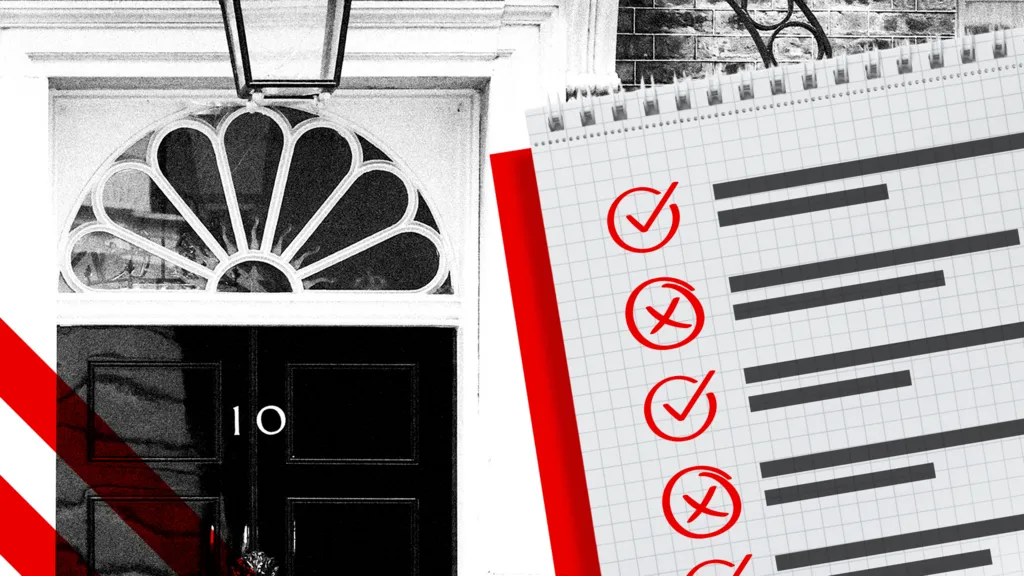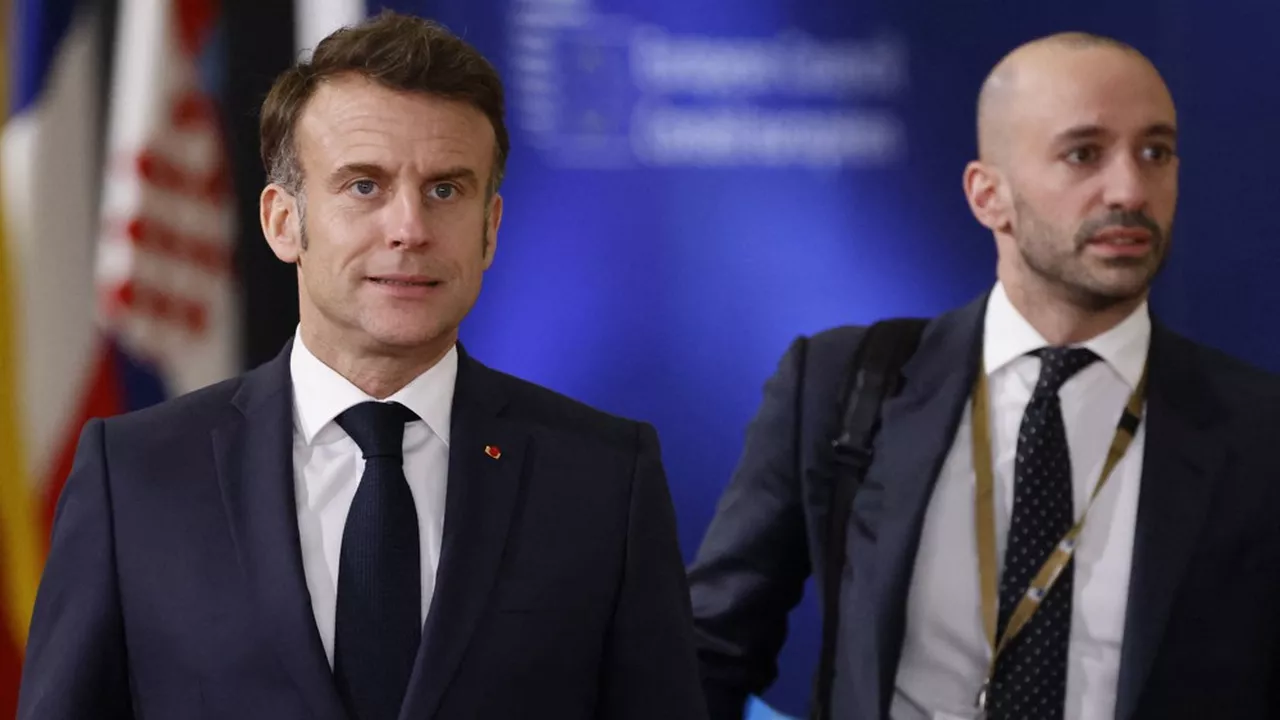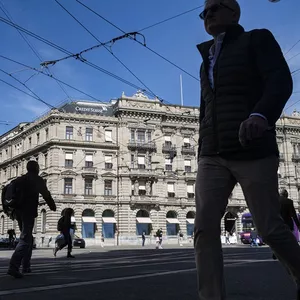One Year of Labour: BBC Correspondents Evaluate the Party’s First 12 Months in Power
Twelve months after forming a government, Labour faces both praise and scrutiny as BBC political correspondents examine the party’s achievements, missteps, and ongoing challenges across key policy areas.
One year after Labour swept into Downing Street with a clear parliamentary mandate, the party’s performance is now under the microscope. With voters demanding results and critics watching closely, BBC correspondents across Westminster and the UK’s devolved nations have compiled a comprehensive assessment of how Sir Keir Starmer’s government has fared in its first 12 months in power. The review offers a mixed but nuanced portrait of a government grappling with economic constraints, geopolitical instability, and the enduring legacy of a deeply divided nation.
Here’s how Labour is doing, sector by sector: 1. Economy and Public Finances Chancellor Rachel Reeves has kept to her promise of fiscal discipline , refusing to raise broad-based taxes while trying to grow the economy. The Green Prosperity Plan —a scaled-down version of Labour’s earlier green investment agenda—has delivered modest funding for energy infrastructure and job creation.
But critics argue that growth remains sluggish , and many of Labour’s signature reforms have been stifled by tight borrowing rules. > “Labour wants to be both bold and cautious, but that tension is starting to show,” says BBC economics editor Faisal Islam. 2.
Health and the NHS Labour inherited an NHS on the brink, with record waiting times and a workforce exhausted by years of strain. While early action has been taken—such as recruiting more nurses and clearing some of the diagnostic backlog—major issues like GP access , mental health services , and social care reform remain unresolved. The party has avoided major clashes with unions, but junior doctor strikes continue , putting pressure on Health Secretary Wes Streeting to deliver faster change.
3. Education Labour’s education strategy has focused on literacy, numeracy, and teacher recruitment. A flagship policy to hire thousands of new teachers and restore arts education in schools has begun, but Ofsted reforms and curriculum modernization have moved slowly.
Some education leaders say the government has been too slow to reverse austerity-era cuts, though the Department for Education insists results will be clearer by the end of the next fiscal year. 4. Immigration and Borders On immigration, Starmer’s government has tried to strike a balance between humane policy and border control.
The controversial Rwanda scheme was scrapped, replaced by a “returns agreement” framework with EU partners. However, small boat crossings continue, and critics on the right accuse Labour of lacking a tough deterrent. > “Labour’s line has softened the rhetoric, but not solved the problem,” reports BBC’s home affairs editor.
5. Foreign Policy and Defence Foreign Secretary David Lammy has focused on repairing UK-EU ties , bolstering NATO commitments, and promoting democratic values abroad. The UK has remained a steadfast supporter of Ukraine and taken a firmer stance on China and cybersecurity threats.
Defence spending has increased modestly, but some military analysts warn that the Armed Forces remain understrength in a rapidly changing geopolitical environment. 6. Climate and Environment Labour’s climate agenda was once its most ambitious promise—but funding cuts and delays have diluted expectations.
The Great British Energy publicly owned company has launched, but at limited capacity. Investment in offshore wind and insulation schemes has begun, but climate activists say Labour has gone too slow. 7.
Devolution and the Union Relations with devolved governments have improved slightly under Labour, with new cooperative forums established with Scotland and Wales. But tensions remain over independence movements and funding allocations. In Northern Ireland, political stability has been fragile but marginally better than under the last Conservative government.
8. Trust, Ethics, and Governance After a decade marked by sleaze scandals and ministerial chaos, Labour pledged to restore standards in public life. Starmer’s government has introduced new ethics rules and reversed some of the controversial appointments of the Johnson era.
However, one junior minister’s resignation over lobbying ties in month nine raised eyebrows—and the opposition quickly pounced on the supposed hypocrisy. Conclusion: A Government Still Finding Its Feet After a year in power, Labour has managed to stabilize the political climate and restore a measure of competence to government. But with the economy still fragile, the public sector under strain, and Labour’s big promises partially fulfilled or indefinitely delayed , voters remain cautiously optimistic—but not yet fully convinced.
> “It’s a government with a clear sense of what it wants—but not always the ability to deliver it fast,” concludes BBC Political Editor Chris Mason. With another year before the next scheduled election, the Labour government will need to move from promise to performance , or risk losing the public trust it spent years rebuilding.
24th july 2025



